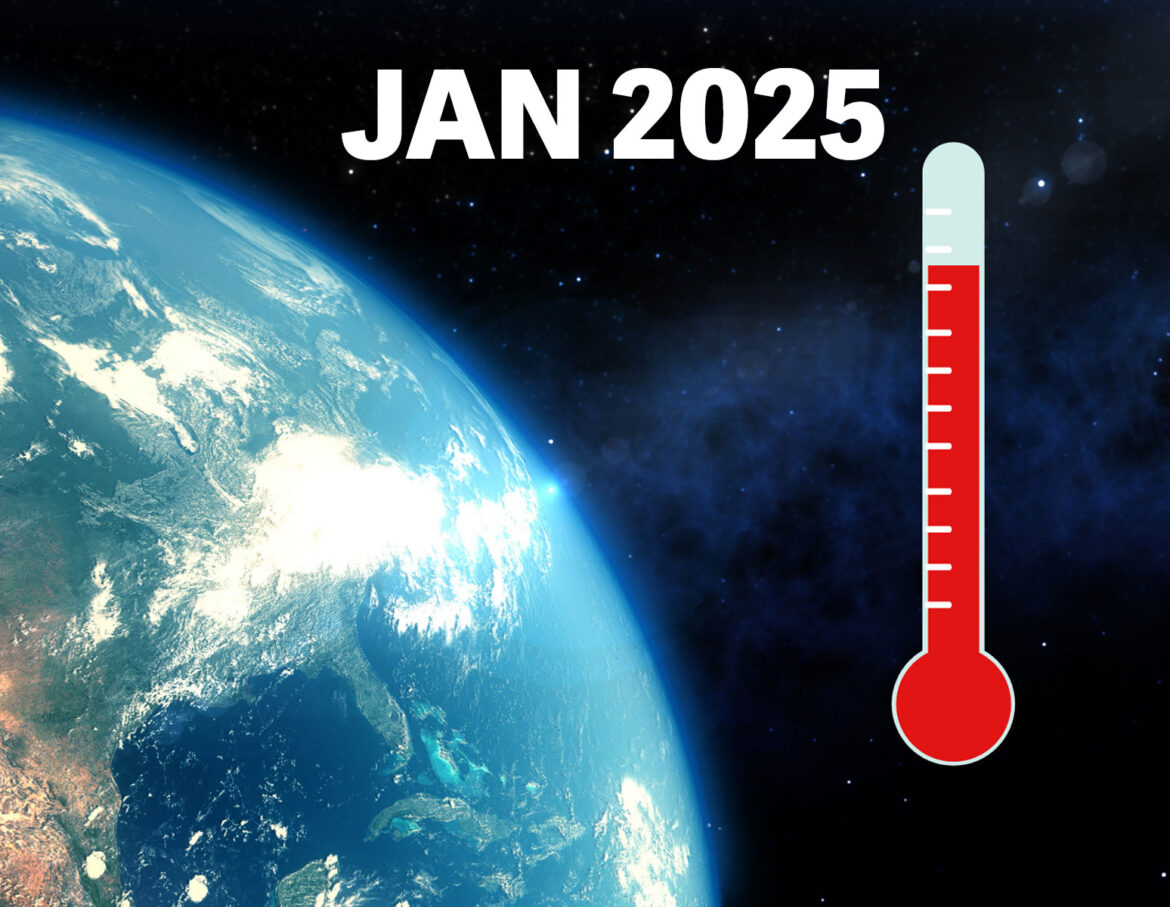Last month was the world’s warmest January on record, extending an alarming streak of extreme global temperatures, despite a shift toward the typically cooling La Niña weather pattern, according to European Union scientists.
The EU’s Copernicus Climate Change Service (C3S) reported Thursday that January continued a run of extraordinary heat, marking the 18th out of the last 19 months in which the average global temperature exceeded 1.5°C above pre-industrial levels.
This record-breaking heat persisted even as the world moved away from El Niño—a warming pattern that contributed to making 2024 the hottest year on record—and transitioned toward La Niña, which generally has a cooling effect due to the cooling of equatorial Pacific waters.
Surprise Amid the Heat
“The fact that we’re still seeing record temperatures outside of the influence of El Niño is a little surprising,” said Samantha Burgess, Strategic Lead at the European Centre for Medium-Range Weather Forecasts, which operates C3S.
The global average temperature in January was 1.75°C higher than pre-industrial levels, according to Copernicus data. However, scientists note that La Niña has not yet fully developed, and the world is currently in a neutral phase between the two weather patterns.
Even if La Niña fully takes hold, its cooling effect may not be enough to counteract rising global temperatures, which are also influenced by factors such as extreme ocean heat and, most critically, greenhouse gas emissions.
Fossil Fuels Remain the Biggest Culprit
“By far and away the largest contributing factor to our warming climate is the burning of fossil fuels,” Burgess emphasized.
Other climate agencies, including Berkeley Earth and the UK Met Office, project that 2025 will likely be the third-warmest year on record, slightly cooler than 2023 and 2024 due to the expected influence of La Niña—though uncertainties remain.
Meanwhile, global sea surface temperatures in January were the second-highest on record, surpassed only by January 2024.
As climate records continue to fall, scientists stress that without rapid and significant cuts to fossil fuel emissions, global temperatures will keep rising, pushing the world closer to irreversible climate impacts.



